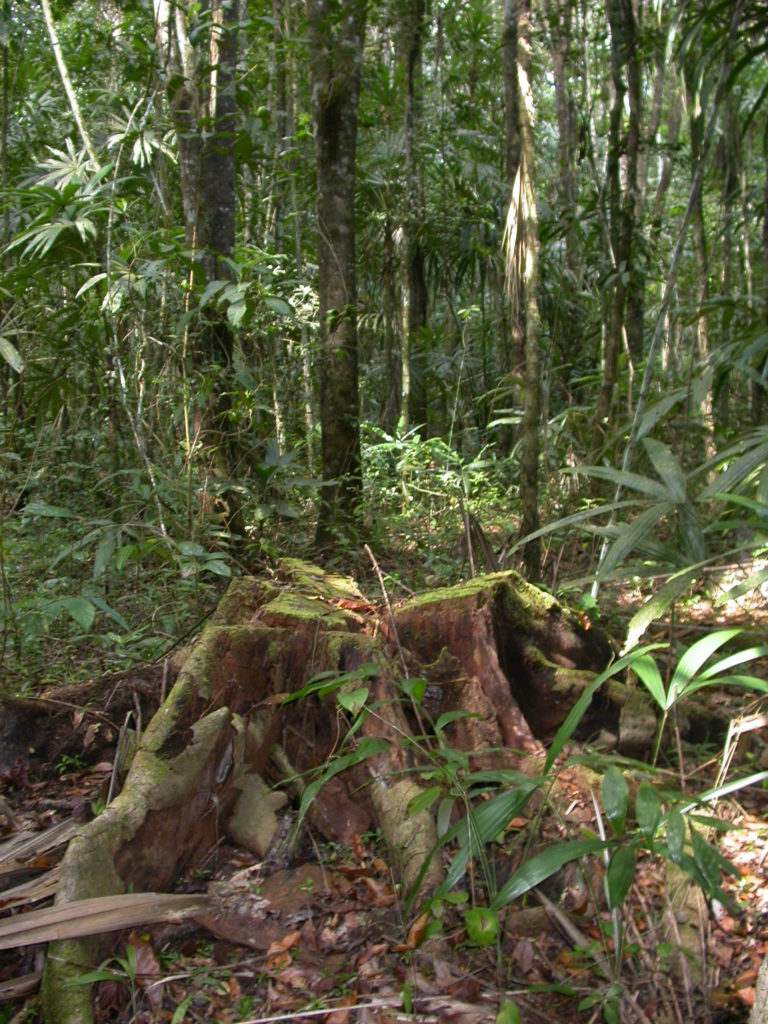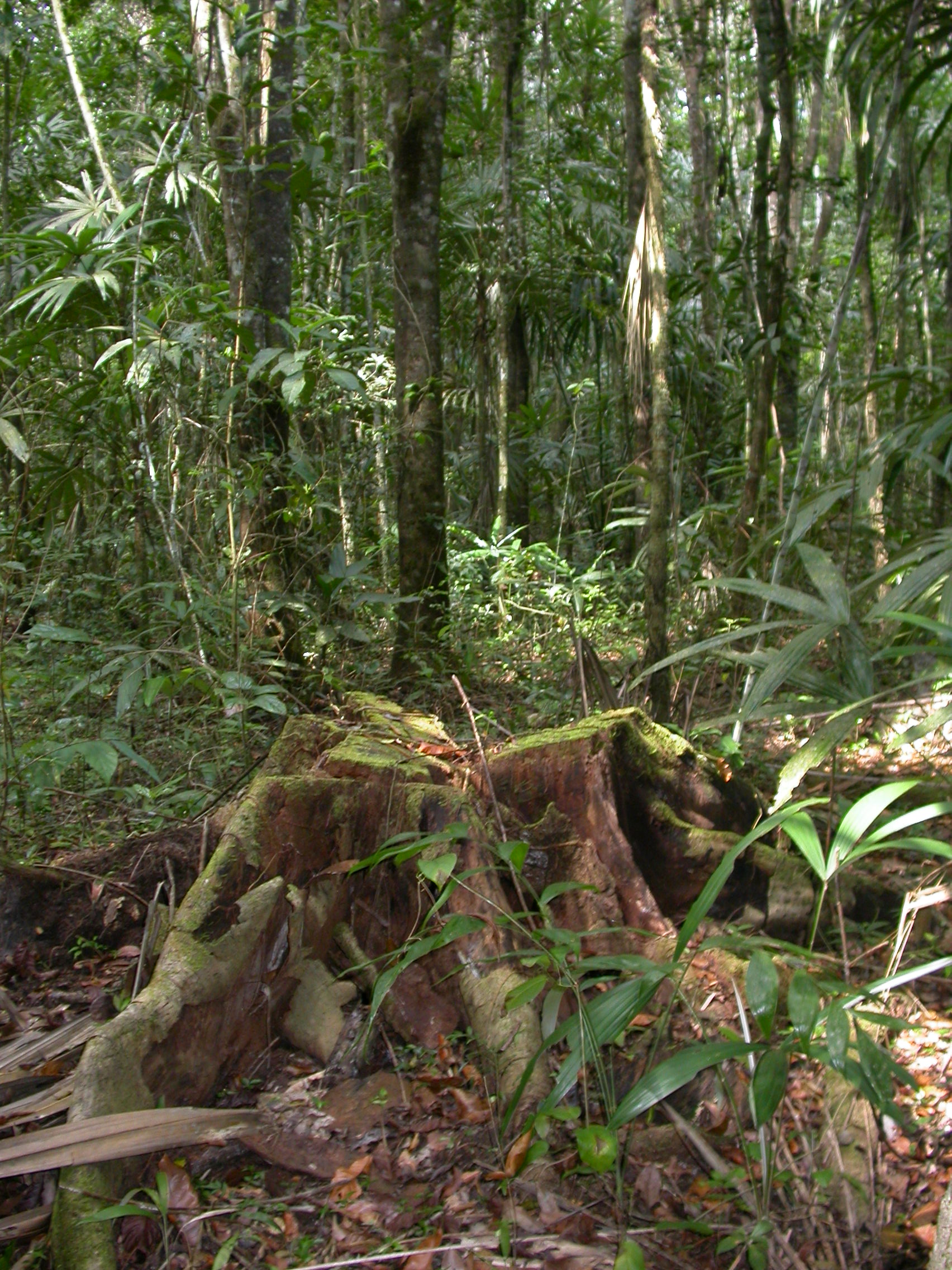Belize Research Shows How Fungi are our Forest’s Friends
The beautiful tropical flora and fauna, big, small, colourful and camouflaged, will impress anyone who walks through Belize’s stunning rainforests. But they may miss one of the most important components that contribute to rainforest diversity –the humble yet omnipresent fungi.
However, new research conducted by Oxford and Sheffield University researchers in Belize’s Chiquibul National Forest Reserve sheds interesting light on the role that fungi play in our rainforest diversity, and the dramatic, damaging effects fungicides can have on the biosphere.
The study, funded by the Natural Environment Research Council (NERC) and published in Nature, sampled 36 seedling plots in the Chiquibul. It found that fungi prevented a single species of plant from dominating one area by spreading quickly between closely-packed plants of the same species, keeping it in check and thus enabling a wider range of species to flourish.
This was the conclusion researchers came to after spraying the seed plots with water, insecticide or fungicide every week for 17 months. They found that the fungicide Amistar® dealt a serious blow to diversity, reducing the effective number of species by an alarming 16%.
It seems that fungi play a crucial role in maintaining the biodiversity of rainforests, in part by preventing a few highly competitive species from dominating the jungle environment, and that they love warm, moist environments, which may be one reason why tropical rainforests are so much more diverse than forests in more temperate climates.
As the study’s author Dr Robert Bagchi explained, “We suspect that the effect of fungi will be strongest in wetter, hotter areas because this is where they thrive.
“This has important implications for how rainforests will respond to climate change, which is often predicted to reduce overall rainfall making it harder for fungi to spread. Without fungi to keep species in check, we could see a significant knock-on effect and lose a lot of the diversity that makes rainforests so special,” he added.
Who would have thought? Amid all the mighty and more noticeable species we see in the rainforest, it is the various fungi that act as nature’s police force to keep the delicate balance in check.
As Dr Owen Lewis of Oxford University’s Department of Zoology explained, “Seedlings growing near plants of the same species are more likely to die and we now know why. It has long been suspected that something in the soil is responsible, and we’ve now shown that fungi play a crucial role. It’s astonishing to see microscopic fungi having such a profound effect on entire rainforests.
“Fungi prevent any single species from dominating rainforests as they spread more easily between plants and seedlings of the same species. If lots of plants from one species grow in the same place, fungi quickly cut their population down to size, levelling the playing field to give rare species a fighting chance. Plots sprayed with fungicide soon become dominated by a few species at the expense of many others, leading to a marked drop in diversity.”
Amazing stuff, when you think about it. At Chaa Creek’s Belize Natural History Centre we’re always open to new ideas and find studies such as this fascinating, as they generally point to the same conclusion people who spend time in our rainforests come to – we live in an incredibly complex, beautiful and, most importantly, interdependent system where even the tiniest member plays an important role.
As with bees and other small creatures once considered as frills rather than cornerstones, we now know that fungi are a vital part of the world we live in.
Once again, we marvel at nature’s delicate balance in belize’s rainforests, and we’ll never look at a mushroom or those strange little things growing on rotting logs the same way again.

